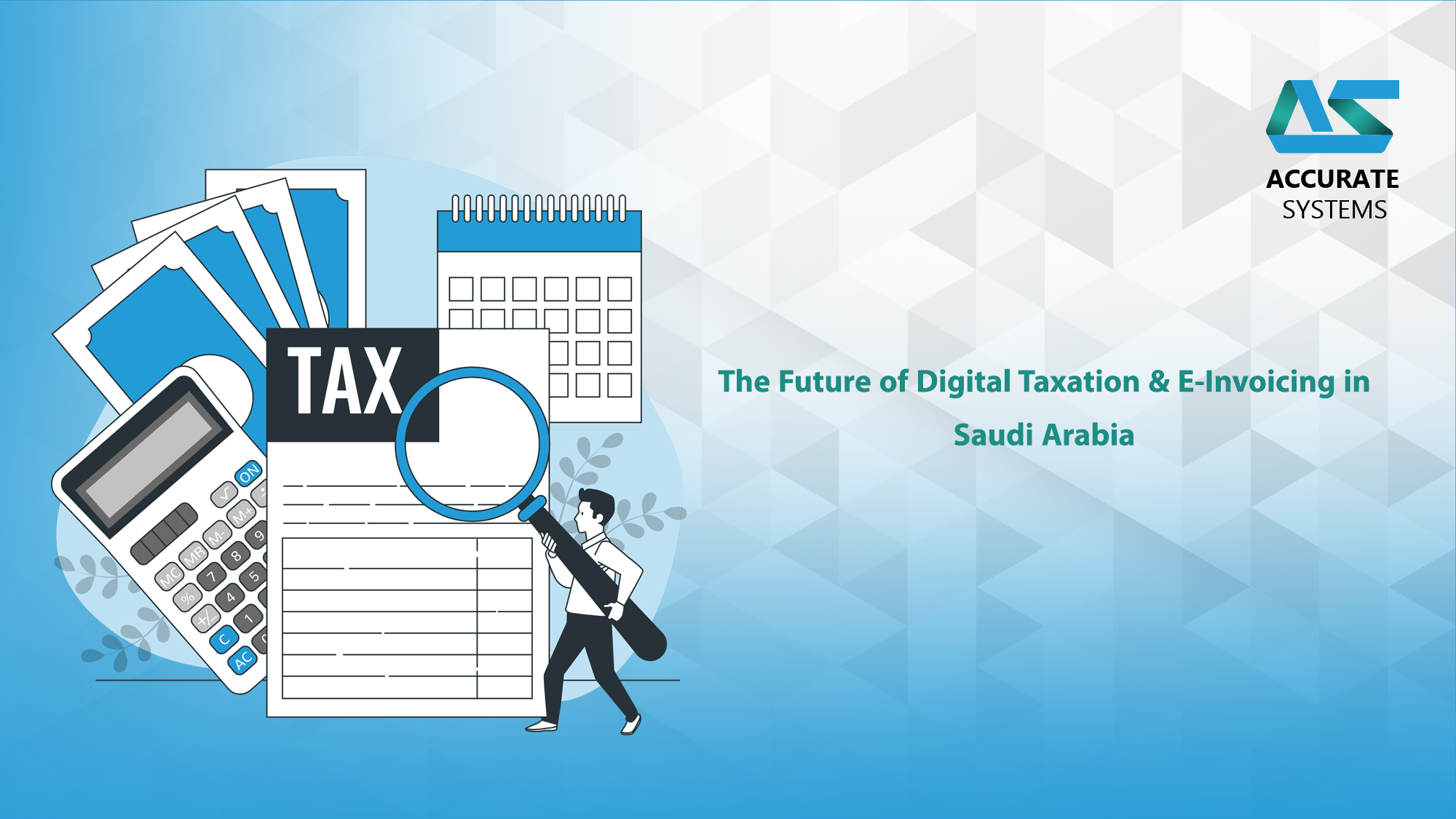Evolution of Taxation in Saudi Arabia
Saudi Arabia has rapidly transitioned from a largely oil-dependent revenue model to a more diversified and sustainable fiscal system. As part of Vision 2030, the Kingdom introduced the Value Added Tax (VAT) in 2018, marking a significant milestone in modernizing public finance. Initially set at 5%, the VAT rate increased to 15% in 2020, emphasizing the country’s commitment to non-oil revenue generation.
This transformation laid the foundation for ZATCA (Zakat, Tax and Customs Authority) to lead digital taxation efforts, including the rollout of e-invoicing through the Fatoora platform.
The Impact of Digital Transformation on Taxation
Digital transformation has revolutionized tax administration in Saudi Arabia. With the launch of the Fatoora e-invoicing platform, ZATCA has eliminated many inefficiencies linked to paper-based systems.
Key benefits include:
- Enhanced transparency and fraud prevention
- Real-time invoice validation and tax reporting
- Seamless integration with business systems
- Automated VAT compliance for businesses
Saudi businesses are now mandated to use structured e-invoices (XML, PDF/A-3) integrated with ZATCA’s systems. The Fatoora platform is being implemented in phases, ensuring that companies of all sizes are brought into the compliance framework.
AI and Blockchain in Tax Compliance
Emerging technologies like artificial intelligence (AI) and blockchain are reshaping tax compliance around the world, and Saudi Arabia is no exception.
AI applications include:
- Automated invoice classification
- Detection of fraud patterns through anomaly detection
- Predictive analytics for compliance risk management
Blockchain innovations include:
- Transparent, immutable ledgers for VAT transactions
- Real-time invoice authentication using smart contracts
- Secure decentralized audit trails for regulators and auditors
These technologies promise to make tax collection smarter, faster, and more secure. Saudi Arabia is expected to lead the region in adopting AI- and blockchain-based tax solutions.
Future ZATCA Regulations and Expected Changes
As digital taxation evolves, ZATCA is expected to introduce new regulations aimed at strengthening compliance and increasing tax system efficiency.
Upcoming expectations include:
- Expansion of e-invoicing integration phases to smaller businesses
- Enhanced invoice encryption and digital signatures
- New reporting requirements for B2C transactions
- AI-powered audit scoring and tax behavior analytics
- Mandatory real-time VAT reconciliation
ZATCA will continue rolling out updates and regulatory waves to ensure full adoption of e-invoicing across all industries and business sizes.
How Businesses Can Stay Ahead of Compliance Changes
To stay compliant and competitive, businesses must proactively prepare for the future of digital taxation in Saudi Arabia.
Actionable steps:
- Implement a ZATCA-Compliant ERP System: Choose platforms like ERPNext that offer real-time integration, VAT automation, and secure invoice storage.
- Monitor ZATCA Announcements: Stay updated on new regulatory waves, formats, and deadlines.
- Invest in Staff Training: Educate your finance, IT, and compliance teams on digital invoicing workflows and evolving technical requirements.
- Adopt Scalable, AI-Ready Solutions: Select software that supports emerging technologies like AI and blockchain to future-proof your compliance processes.
- Engage Trusted Tax Consultants: Work with experienced ZATCA partners to streamline implementation and avoid costly mistakes.
Conclusion
Saudi Arabia is leading the way in digital taxation and e-invoicing across the Gulf region. As ZATCA continues to enhance the regulatory framework, businesses must invest in smart, scalable, and compliant systems to stay ahead.
Digital transformation is not just a legal requirement—it’s a strategic advantage. By embracing automation, AI, and blockchain technologies, Saudi businesses can ensure ongoing compliance, improve operational efficiency, and contribute to a transparent and modern economic environment aligned with Vision 2030.


Leave A Comment